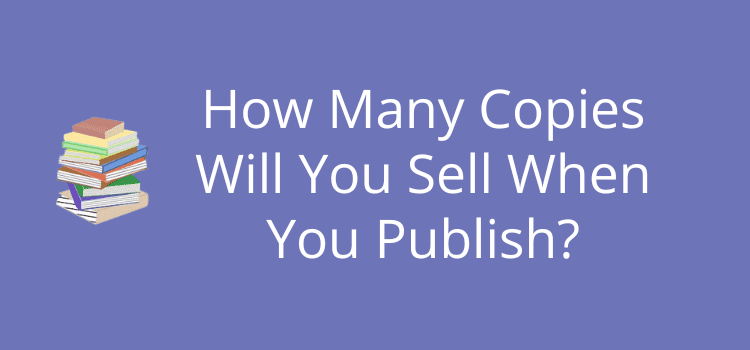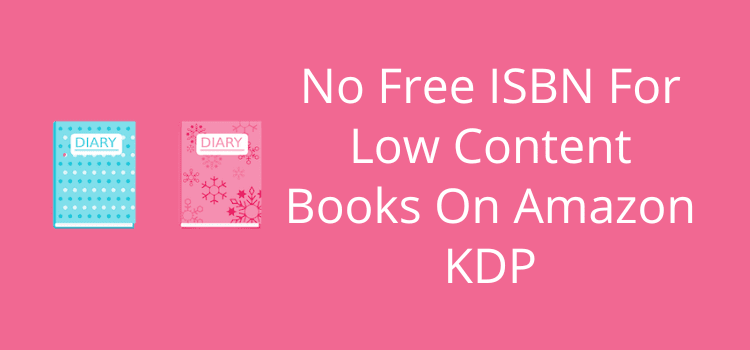
You have access to lots of tools that can help your ebook and book sales by using Kindle keywords and categories.
You might think that there is some magical secret that every self-published author needs to know to get sales.
But you can do basic keyword research without an Amazon Kindle keywords tool. There is no mystery or magic to adding keywords and categories to any Amazon product to improve your search results and sales on Amazon.
The truth is that Kindle ebook keywords are easy to find, use, and implement for your ebook. But yes, some keyword tools can do a better job for you.
Select the best Amazon Kindle keywords and categories
It is the most vital step in helping you to sell your ebooks.
There is no magical secret formula for doing Amazon keyword research.
You need to research to find the best Amazon categories and keywords for your book on the Kindle Store.
The easiest research tool is Amazon Search.
It is a basic Kindle keyword analyzer that is quite useful for finding long-tail keyword ideas.
When you list your ebook on Kindle, you can only choose three categories.
This means that you need to be sure that your choices are the best for your book.
It’s always best to avoid very broad categories and look for less competitive categories.
Like anything listed on Amazon, optimizing your product pages is key to getting more sales.
Let’s start by helping you find great categories and seven relevant keywords for your ebook.
The free method to choose Amazon Kindle keywords
You need to know how to discover what words people use when they are searching Amazon for things (ebooks and books) to buy.
Amazon’s search engine is by far the most efficient way to sell anything on Amazon.
Let’s say your book is about vampires, so of course, you have this as your seed keyword.
But would people who are looking for a vampire book to read search by using the word vampire? Not necessarily. So, how can you find out what they might use?
You can find real Amazon keyword search terms that Amazon suggests by using its search box.
These are terms that real shoppers have used when looking to buy a product. In this case, a new vampire book or ebook.

The image above shows the phrases, or in keyword speak, long-tail keywords, people have used on Amazon to find vampire books.
Long-tail keywords are always more than one word and often three or four. You can use these word phrases for each of your Amazon keywords.
Now select one or two of the suggestions from the drop-down list to use as potential long-tail keywords for your book.
Perhaps in this example, vampires and werewolves and vampires and witches might be good choices as your search terms.
You can keep searching for different words to find more search term suggestions that you can use.
Just remember that a one-word keyword will be highly competitive, so avoid them.
It is much better to choose long-tail keywords for your seven KDP keywords.
How to choose your Kindle categories for free
In the past, Amazon KDP offered a choice of browse categories that you could use as keywords to add additional categories to your books.
But unfortunately, this feature has now been removed by Amazon.
Amazon now only gives you the option to choose BISACS headings as categories in your KDP publishing settings for your book.
You can only choose three of these main header categories when you publish.
To help you decide, you can look at books in your genre.
Check competitive books on Amazon and note the categories attached to a book.
You can do this by looking at a book’s product details.

However, it only lists three categories, and only if the book ranks highly.
Always research your Amazon keywords and categories
By using the two methods above, you do not need to spend a cent on software or how-to ebooks.
You can discover categories and find genuine KDP search keywords for your book.
All you need to do is carefully select your seven keywords and three categories.
Then, you will have your book best positioned for buyers to find.
You can also experiment, change, and refine your keywords and categories at any time.
All you need to do is change them in your KDP dashboard and re-publish your book.
So, no, there is no Kindle keywords or Amazon category mystery.
Everything you need for your research is at your fingertips and for free.
Summary
Helping book buyers find your book on Amazon can improve your book sales.
The most crucial point is carefully selecting your Amazon categories and keyword phrases.
With these, you can increase your book’s discoverability.
If you can get your book in a high position for less competitive search terms, your book will be seen by many more potential book buyers.
Most importantly, they will have a genuine interest in your book’s theme or subject.
As far as self-publishing advice goes, researching and selecting keywords and categories is the most time-efficient and cost-effective way to promote your book.
Related reading: Amazon Keywords Character Limit Can Help You Improve Sales
Share This Article



Thank you for this informative article with links to helpful resources. I have heard this before but really didn’t know how to figure it all out. I even purchased KDP Rocket and have searched some terms but didn’t know about the high volume/low competition. I’m going to get to work on this for each of my books and hopefully they’ll rank higher and get discovered.
What do I do if Amazon has no category for an ebook? I have an ebook about guns, specifically, Why gun control laws will fail. I’ve tried it in several categories without success.
Also, I am new to this and did not understand googles ppc, I lost several hundred dollars and discovered I was actually selling for other people as I used googles keyword tool. Most of the keywords which came up were very expensive or I was penalized for using googles own keyword list which they showed to me.
Now I will never use google for its keywords as I still don’t understand it.
I feel really dumb, but I’ve searched the kindle direct browse category page over and over and cannot find out how to access the list of categories with recommended keywords that appears in your screenshot. The link to ‘keywords for category assignments’ on the Browse Category page only leads to the ‘Make your book more discoverable with keywords’ page.
When I google for the exact page in your screenshot I can reach it, and the breadcrumbs say it is a subpage of the Browse category page, but I can’t figure out how to get any other lists of keywords.
Thanks for any advice you can give me!
Let me investigate, Pat. Like all online companies, Amazon is often changing certain aspects. It’s impossible to know when and what, though. But I’ll update the post if I discover anything has changed.
I can see the problem now, Pat. Amazon has deleted the link to the pages listing the extra category keywords. However, you can find them by doing a Google search.
Enter this phrase exactly. site:amazon.com amazon keywords for book categories
It will then list the results to the category keyword lists for you.
I will update the article later with some direct links.
Nice basics that really make a difference especially on the amazon subcategory keywords. Had been missing out on that for so many years…
Under KDP instructions for keywords, it states no need to use repeat words as you have already set them in your category.
But when I follow your instructions to put in my genre in Amazon search to see the common searches. All the suggestions have the category words tied in forward and backward.
Should I use these as written (with the repetition) in my keyword boxes?
Thanks, Julie
Yes, Julie. You need to use the additional keywords Amazon suggests to gain extra categories.
Happy to hear, Janet. :)
So helpful – I have just published my first novel nut was feeling confused and overwhelmed by keywords and categories, and after reading this, I don’t. I’m so glad I found you – good old Twitter!
I had no idea. Thanks so much for sharing. Valuable information. :-)
Thanks very much for this, Derek! Am bookmarking to save for when I’m ready to publish. :D
Thanks, Derek, for this helpful information. :)
As one of the terminally thick, I must say thank you for not giving up on us! Being of an age where nothing to do with computers comes easily to me, it is great to read some instructions that even I can tackle. I’m going to give this a try and hopefully open up whole new avenues of readers! Ah – who am I kidding? Half a dozen new ones would be nice, but this knowledge will stand me in good stead for future blockbusters. :D
Seriously; thanks again!